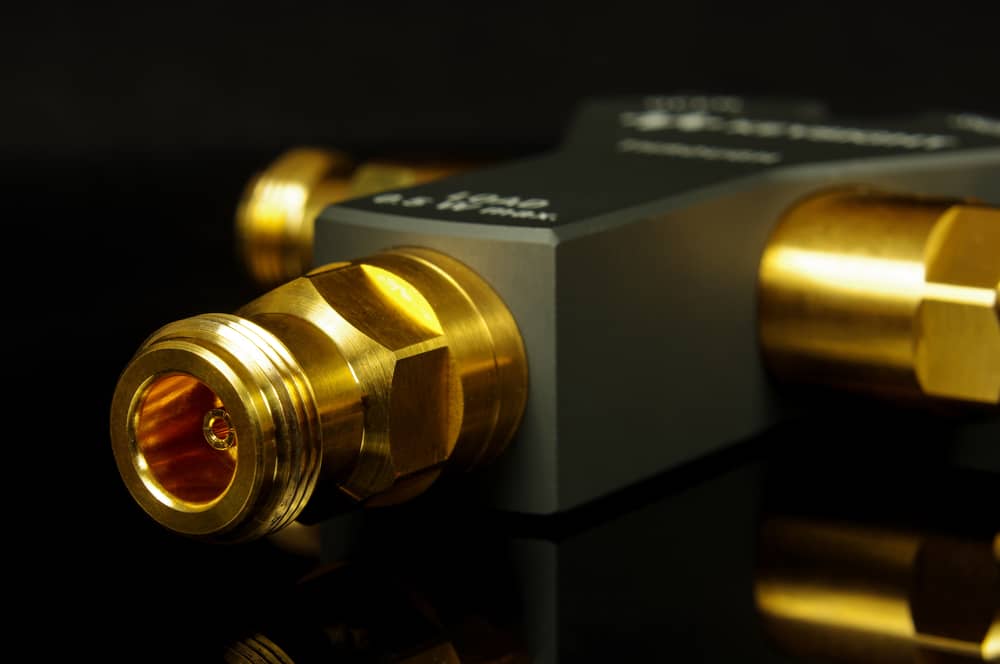
*As an Amazon Associate we may earn from qualifying purchases when you buy through links on our site.
If you’ve decided to cut the cord and go for an HDTV antenna for free TV, there’s a good chance you might need an HDTV antenna amplifier.
Let’s take a look at what that is, how HDTV antenna amplifiers work, and why you might need one.
Ever wondered why, even after properly installing your TV antenna, you’re not getting some channels?
This would mean that your aerial or TV antenna isn’t receiving signals from the various TV stations at sufficient strength.
The weak reception is what’s preventing crystal-clear reception of channels that you normally might get, were it not for certain interference factors in your home or in the line of sight with broadcast towers.
The TV stations in question broadcast the signals at the right strength and clarity, but by the time the signal arrives at the dipole of your antenna, you won’t be receiving these at the same strength.
An HDTV antenna amplifier is a device that adds electrical current to the antenna’s coaxial cable, thereby boosting the strength of the received signal as it travels down to your TV set.
Reasons why your TV signal may be weakened include:
- Interference from within your home (e.g., your house walls if the antenna is mounted in the attic)
- Interference from outside the home (e.g., dense foliage in the line of sight to the station tower)
- Long coaxial cable run from your antenna to your TV exceeding 50 feet
- Signal dissipation due to too many attached devices such as multiple splitters
In short, by installing an antenna amplifier, you might increase your TV channels by up to 20-30%.
Important: If you’re located closer than 20 miles to the nearest broadcast tower, then using an amplifier may introduce too much noise and worsen your reception.
How Do HDTV Antenna Amplifiers Work?
As mentioned above, an HDTV antenna amplifier applies electric current to the coaxial cable on your antenna to boost the TV signal and thus improve your reception.
Note therefore that amplifiers only boost the signal that your antenna has already received. This means you won’t receive signals that are too far away and therefore didn’t reach the antenna (such as from towers that are literally over the horizon).
Who Needs an HDTV Antenna Amplifier?
Anyone who’s unsatisfied with their TV channel reception should consider an HDTV antenna amplifier.
How can you tell that you should be getting more channels? Enter your location on the RabbitEars website to see which TV channels should be available at your location.
As for the amplifier devices themselves, there are two types:
- Preamplifier: usually installed outdoors at the mast of the over-the-air antenna.
- Distribution amplifier: normally placed inside the house at the junction where you split the coaxial cable to feed separate televisions.
Antenna Preamplifier
Oftentimes a preamplifier is what you’ll need when the signal reaching your TV is degraded due to factors such as cable runs, outside interference, and so on.
Preamplifiers need to be connected directly to their own AC power source.
One of the best preamplifiers on the market today is the Winegard LNA-200 Boost XT HDTV Preamplifier, which can, and should, be directly mounted on the antenna mast for best results.
Simply put, preamplifiers work to improve the signal at the OTA antenna, which in turn goes on to improve the overall signal arriving at your HDTV.
Distribution Amplifier
A Distribution Amplifier can be a good idea if you experience some signal loss due to additional attachments to the coaxial line between your antenna and the HDTV.
In some cases, it’s not even about the coaxial cable as much as it’s the kind of splitter you have installed. If you have more than one TV in the house, you’re going to need a multi-port splitter to distribute the signal from your antenna to each one of the TVs.
The more TVs you have, the more output ports the splitter will need, and the higher the corresponding signal loss due to the signal distribution.
A distribution amplifier like the Channel Master Ultra Mini 2 TV Antenna Amplifier (shown above) is a combined splitter and amplifier, and features two output ports for distributing the signal to two TVs.
Can You Install Both a Preamplifier and a Distribution Amplifier?
You might be thinking, “why not use both kinds of devices to get that extra signal boost?”
Well, in come cases this might be a good idea—while in others not, as you risk over-amplifying your TV line and introducing too much noise in proportion to signal.
But if you’re in a situation where you’re already using a preamp to strengthen weak signals, plus your antenna’s mounted on another building requiring a 100-foot coax cable to your house, then a distribution amp may also be called for.
Add to that other requirements, such as having to distribute the signal to multiple TVs in your home and you’ve added to the reasons to install that second amp on the line.


